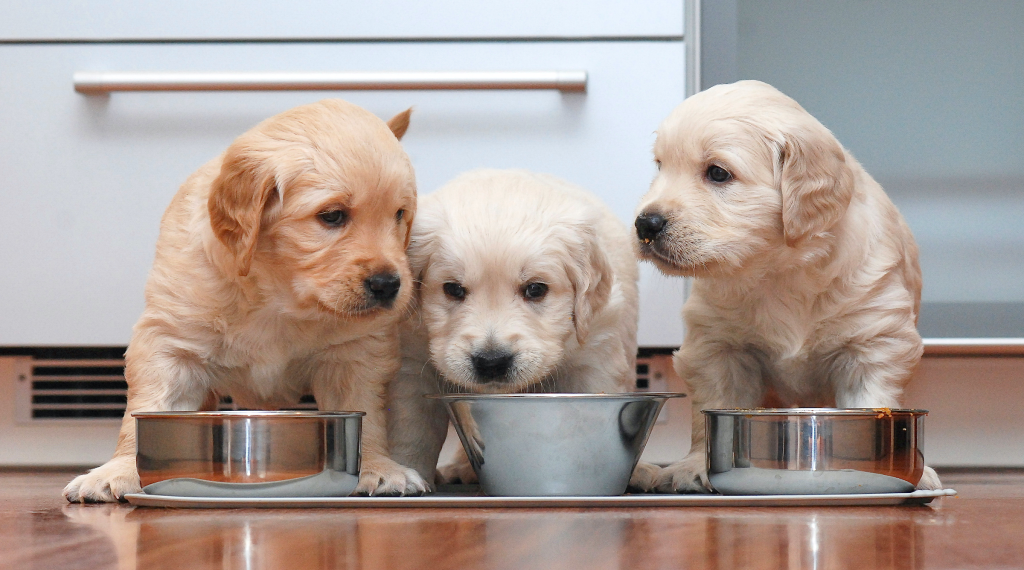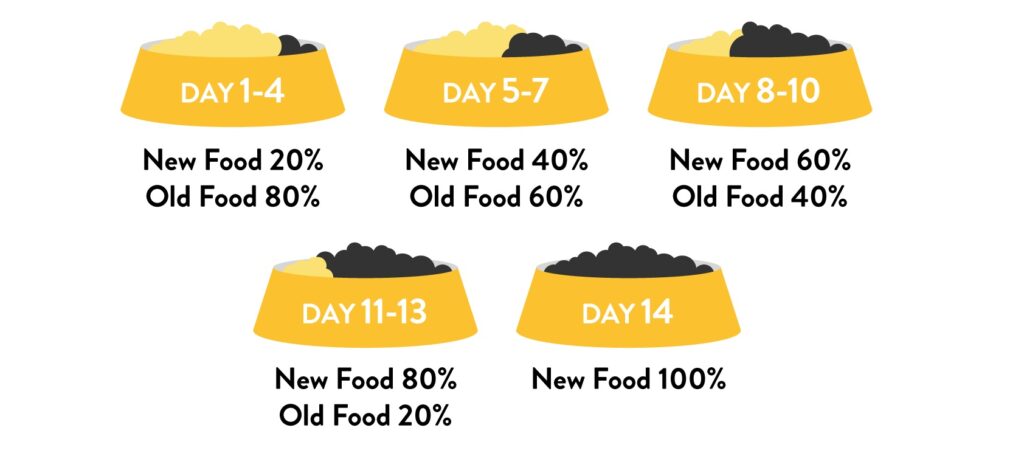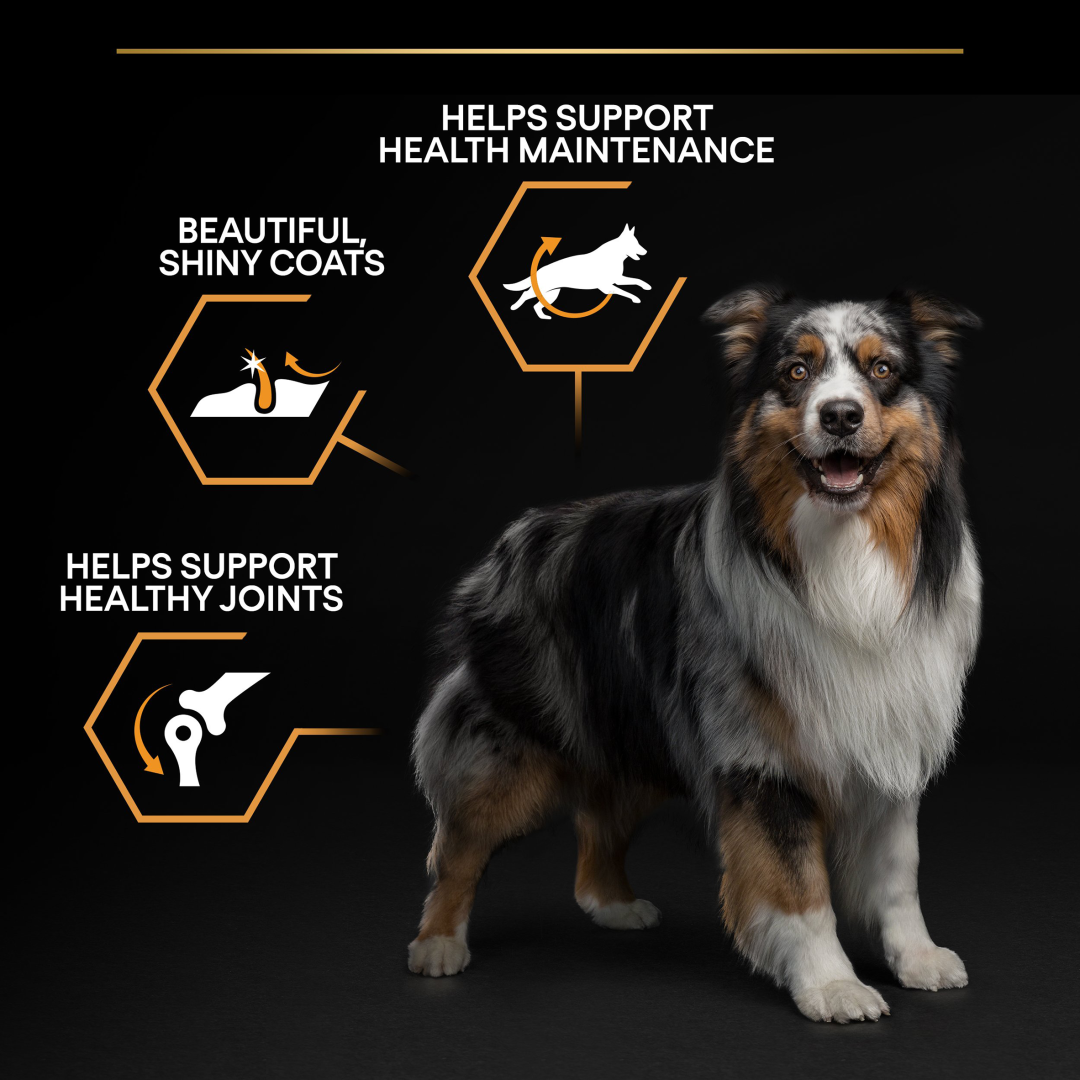Understanding the changing nutritional needs of your dog from puppyhood to adulthood is crucial for their overall health and well-being. Just like humans, dogs have different dietary requirements at various stages of their lives. Ensuring that these needs are met can significantly impact their growth, health, and longevity. This comprehensive guide will explore how a dog’s nutritional needs evolve from a playful puppy to a mature adult, emphasizing the importance of a balanced diet tailored to each life stage.
Puppy Nutrition: Laying the Foundation
Puppies are in a critical growth phase that demands a diet rich in essential nutrients. During this period, their bodies are rapidly developing, requiring more calories and nutrients than adult dogs.
Essential Nutrients for Puppies

- Protein: Puppies need a higher protein intake compared to adults. Protein supports muscle development, immune function, and overall growth. Sources include meat, fish, eggs, and specialized puppy food formulas.
- Fat: Fat provides the energy necessary for a puppy’s active lifestyle. It also aids in the absorption of fat-soluble vitamins. High-quality puppy food usually contains optimal levels of fat.
- Carbohydrates: While not as crucial as protein and fat, carbohydrates supply energy and aid digestion. Whole grains and vegetables are good sources.
- Vitamins and Minerals: Puppies require a balanced mix of vitamins and minerals to support their immune system and bone development. Calcium and phosphorus are particularly important for bone growth.
Feeding Guidelines for Puppies
Puppies should be fed small, frequent meals throughout the day. This approach helps maintain their energy levels and supports steady growth. Typically, puppies are fed three to four times a day, gradually reducing to two meals as they approach adulthood.
Transitioning from Puppy to Adult Dog Food
As puppies grow, their nutritional needs begin to change. This transition usually occurs around 12 months for small breeds and up to 24 months for larger breeds.

Signs Your Puppy is Ready for Adult Food
- Decreased Growth Rate: When a puppy’s growth rate starts to slow, it’s a sign they are approaching adulthood.
- Weight Management: If your puppy begins to gain excessive weight, it might be time to switch to adult food, which is less calorie-dense.
- Behavioral Changes: Less playful behavior and more settled demeanor can indicate maturity.
How to Transition
The transition should be gradual to avoid digestive upset. Start by mixing small amounts of adult food with the puppy food, gradually increasing the proportion of adult food over several weeks.
Adult Dog Nutrition: Maintaining Health
Adult dogs have different nutritional needs focused on maintaining health and energy rather than supporting growth. Their diet should be balanced and tailored to their activity level, breed, and health status.

Key Nutrients for Adult Dogs
- Protein: Still essential but required in lower amounts compared to puppies. Ensures maintenance of muscle mass and supports overall health.
- Fat: Provides energy but should be monitored to prevent obesity. Omega-3 and Omega-6 fatty acids are beneficial for skin and coat health.
- Carbohydrates: Important for energy, fiber aids in digestion. Sources include whole grains, vegetables, and fruits.
- Vitamins and Minerals: Necessary for metabolic processes, immune function, and maintaining healthy bones and teeth.
Feeding Guidelines for Adult Dogs
Adult dogs typically eat one to two meals a day. Portion sizes should be based on their weight, age, and activity level. Monitoring their weight and adjusting food intake as needed is crucial for preventing obesity.
Special Considerations for Breed and Size
Different breeds and sizes of dogs have unique nutritional needs. Large breeds might need joint supplements, while small breeds may require higher calorie content in smaller portions.

Large Breeds
- Joint Health: Supplements like glucosamine and chondroitin can help maintain joint health.
- Caloric Intake: Lower calorie diets to prevent rapid growth and reduce the risk of joint problems.
Small Breeds
- Caloric Density: Higher calorie diets to meet their energy needs without requiring large amounts of food.
- Dental Health: Smaller kibble sizes can help with dental hygiene.
Maintaining a Balanced Diet
A balanced diet for dogs includes high-quality commercial dog food that meets the nutritional standards set by organizations like the Association of American Feed Control Officials (AAFCO). Homemade diets should be prepared under veterinary guidance to ensure they provide all essential nutrients.
Hydration: The Forgotten Nutrient
Water is a critical component of a dog’s diet. Adequate hydration is essential for digestion, nutrient absorption, and overall health. Ensure fresh, clean water is always available.
Monitoring Your Dog’s Health
Regular veterinary check-ups are crucial for monitoring your dog’s health and nutritional status. Keep an eye on their weight, coat condition, and energy levels as indicators of their overall well-being.
Conclusion
Understanding and adapting to the changing nutritional needs of your dog from puppyhood to adulthood is vital for their long-term health and happiness. By providing a balanced diet tailored to their life stage, breed, and individual health requirements, you can ensure they live a vibrant, healthy life.





















